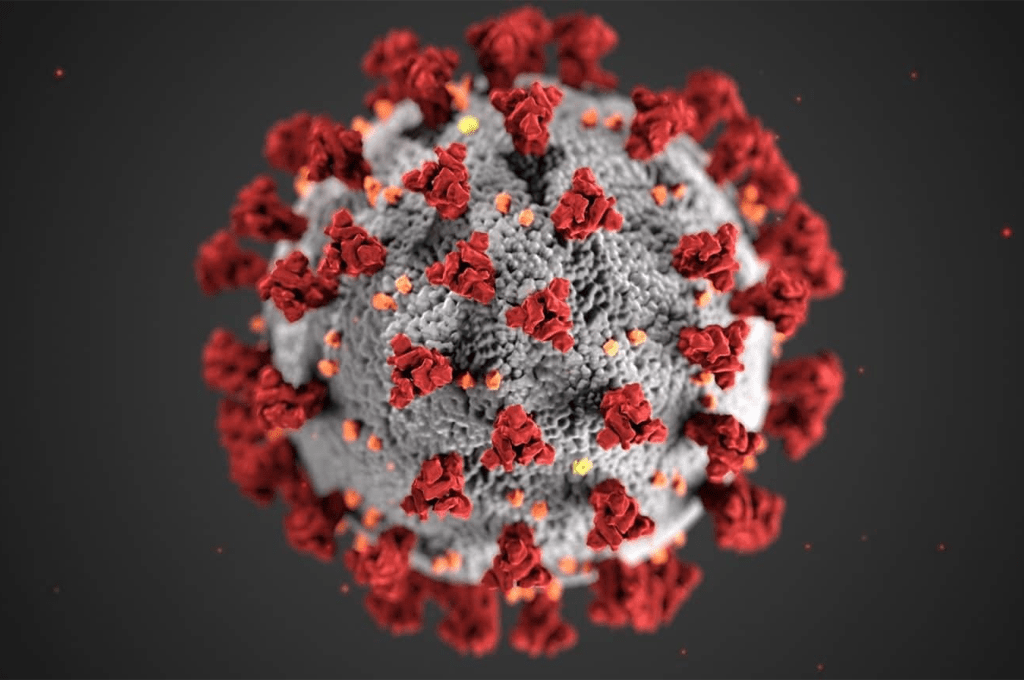Wrinkled dog is key to new direction within inflammation research
An international research team led from Uppsala University and the Broad Institute of MIT and Harvard has discovered the gene underlying the characteristic wrinkled skin of the Shar-Pei dog. The same gene has been shown to be associated with a chronic fever condition that often afflicts members of the breed. The findings, which are interesting from a human health standpoint, were published today in PLoS Genetics.
Purebred dogs are bred on the basis of specific physical and behavioural characteristics. The selection process increases the likelihood that certain gene variants will be passed on, along with the risk for undesirable health issues.
The Shar-Pei’s thickened and wrinkled skin contains excess hyaluronic acid, probably due to over-activation of the HAS2 gene, one of the genes that govern production of hyaluronic acid. Members of the breed are often afflicted with a recurrent fever-like condition that bears resemblance to an auto-inflammatory fever condition in humans.
Researchers compared the breed’s genetic code with that of other breeds. They also compared the genetic code of healthy and afflicted Shar-Pei dogs. Both studies generated interesting results relating to the DNA region in which the HAS2 gene is located. In Shar-Pei dogs, multiple identical copies of a certain DNA segment were found in the proximity of this gene. No such duplications are present within other breeds.
“It was exciting to discover that the illness and the wrinkles share a genetic background,” says Mia Olsson, a doctoral student and the first author of the publication. “Multiple copies of the segment in the region in question increase the likelihood of the disease, which is probably caused by excess hyaluronic acid.”
The study also sheds light on the more general significance of hyaluronic acid for inflammatory diseases. The genetic background of approximately 60 per cent of cases involving certain human fever syndromes is unknown, making the connection between fever conditions and impaired control of the HAS2 gene very interesting.
“The findings open up a whole new area of research into inflammatory diseases in dogs and humans,” says Kerstin Lindblad Toh, director of the Science for Life Laboratory in Uppsala and a scientific director at the Broad Institute. “We have begun looking for the same mutation in human patients.”
The project was pursued within the framework of the Science for Life Laboratory (SciLifeLab) collaborative research initiative at Uppsala University. The study also involved collaboration with the Swedish University of Agricultural Sciences (SLU).
For more information, please contact:
Kerstin Lindblad Toh
Tel: +46-18-471 43 86 or +46-70-324 23 36
E-mail: kerstin.lindblad-toh@imbim.uu.se (currently in the U.S.)
Åke Hedhammar
Tel: +46-18-67 13 55.
Anneli Waara




